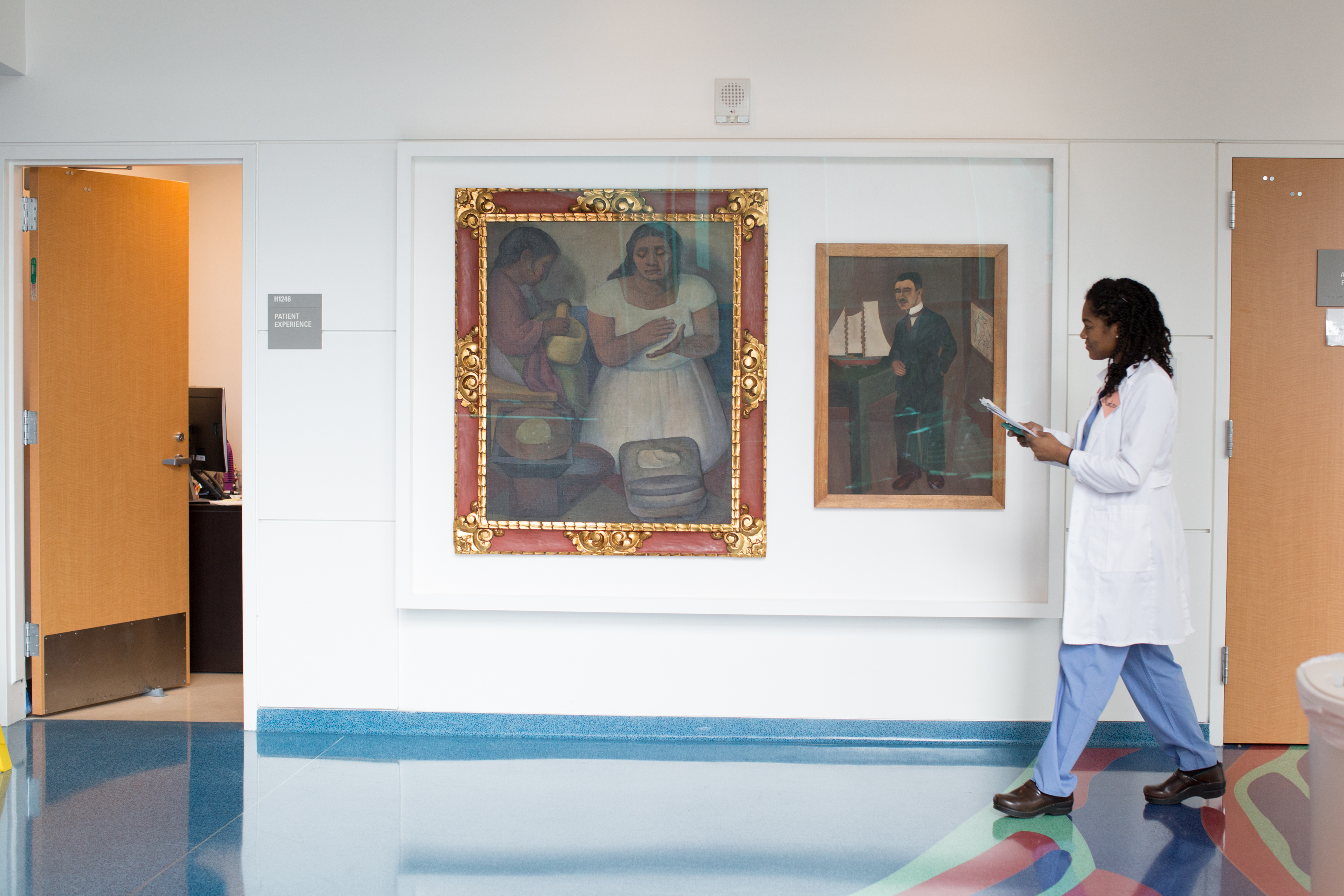Education
Zuckerberg San Francisco General Hospital is home to several Residency programs and rotations as UCSF Residents come through and experience the vibrant community of ZSFG.
DB (Development and Behavior)
The Development and Behavior rotation provides second and third year Pediatric residents with a foundation with which to understand typical and atypical patterns. Residents gain exposure to conditions such as attention deficit hyperactivity disorder, autism, Down syndrome, spina bifida, and Rett syndrome. Residents learn about community programs and government agencies that support children and their families with special needs, such as the school district, GGRC, and Homeless Prenatal Program.
PIC (Physicians In Community)
The PIC curriculum provides Pediatric residents with a framework with which to approach social determinants of health and a toolkit of skills to advocate for children’s health. Residents learn about relevant topics such as homelessness, food insecurity, foster care, toxic stress and environmental health disparities. Residents visit community agencies and design and implement an advocacy project over a six week period. They learn theories and practices around legislative, media, and administrative advocacy. Pediatricians are a key voice to promote public health and UCSF residents will graduate feeling well prepared to use their expertise towards population-level changes.
PLUS (Pediatric Leadership for Underserved)
Vision
Exceptional pediatricians trained to advance health equity so that all children thrive, rooted in caring communities and supported by infrastructures of opportunity
Mission
To train a diverse group of pediatric residents to lead advances in health equity for children.
Goals
Through purposeful leadership training integrated with their clinical training, PLUS residents will:
- Become pediatricians with outstanding clinical skills who also recognize structural causes of health inequity and can effectively mobilize available resources to provide exceptional care for vulnerable populations of children
- Develop a foundational skill set of leadership, communication, scholarship and advocacy skills to advance health equity
- Learn to build inclusive collaborations with diverse people and organizations with a common goal of enhancing child health equity
- Learn to design, implement, and evaluate interventions to improve child health equity
- Develop a foundation of self-awareness with the goal of identifying and leveraging personal strengths and areas of growth to sustain a lifetime of leadership and collaborations

